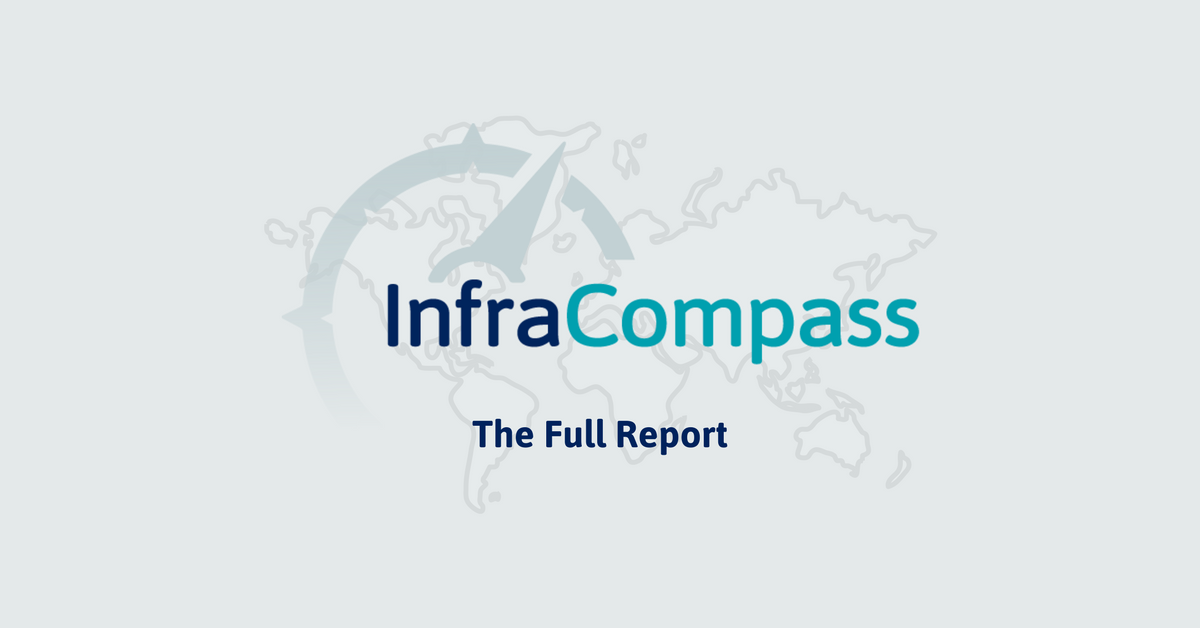Publications
Filter by
58 results found
The Infrastructure Finance in the Developing World Working Paper Series is a joint research effort by the Global Green Growth Institute and the G-24 that explores the challenges and opportunities for scaling up infrastructure finance in emerging markets and developing countries.
This strategy will support and inform the planning applications that will set out the long term vision for the development of sustainable communities within Queen Elizabeth Olympic Park.
RAND researchers used a six-step scenario development process to develop two thought-provoking scenarios that address the future of mobility in the US in 2030. Three driving forces caused one path to emerge over another: (1) the price of oil, (2) the development of environmental regulation, and (3) the amount of highway revenues and expenditures.
What might one expect for the future of mobility in China in 2030? Mobility is defined as the ability to travel from one location to another, regardless of mode or purpose. RAND researchers used a six-step scenario development process to develop two thought-provoking scenarios that address this question.
Explore the capability of 56 countries to deliver infrastructure projects, identify priority reforms and pinpoint leading practices across infrastructure governance & institutions, regulatory frameworks, permits, planning, procurement and delivery.

Global Infrastructure Outlook allows you to explore the annual infrastructure trends, needs and gaps up to 2040 for 7 sectors, 56 countries, 5 regions and the world total.


Project preparation is a critical enabler of infrastructure development and has been identified as a key pillar in the G20 s strategic roadmap to develop infrastructure as an asset class.

The Infracompass explores the capability of 56 countries to deliver infrastructure projects, identify priority reforms and pinpoint leading practices across infrastructure governance & institutions, regulatory frameworks, permits, planning, procurement and delivery.


The third global report by Global Infrastructure Hub (GI Hub) and EDHEC Infrastructure Institute-Singapore reveals new investor insights on changing infrastructure markets.



The third global report by Global Infrastructure Hub (GI Hub) and EDHEC Infrastructure Institute-Singapore reveals new investor insights on changing infrastructure markets.


The PPP Contract Management Tool provides public sector officials with practical guidance and case studies, so that those responsible for managing contracts after financial close are better able to ensure project objectives and value for money.





A practical guide for governments, informed by a country-lens review of leading practices



The reference tool on Governmental Processes Facilitating Infrastructure Project Preparation closely examines the relationships between countries institutional arrangements for project preparation, funding programs, project identification, feasibility studies and project structuring, through the lens of country-level governance and implementation. This initiative closely aligns with the G20 Principles for Project Preparation endorsed by the G20 Leaders in November 2018.






The PPP Contract Management Tool provides practical guidance to government officials responsible for managing public-private partnership (PPP) contracts and concession contracts during construction and operations, based on extensive data and real-life case studies.






InfraCompass is a tool for infrastructure policymakers. It objectively quantifies the strength of the infrastructure enabling environment by aggregating data for 81 countries, collectively representing 93% of global GDP and 86% of the world population.




 Link
Link


